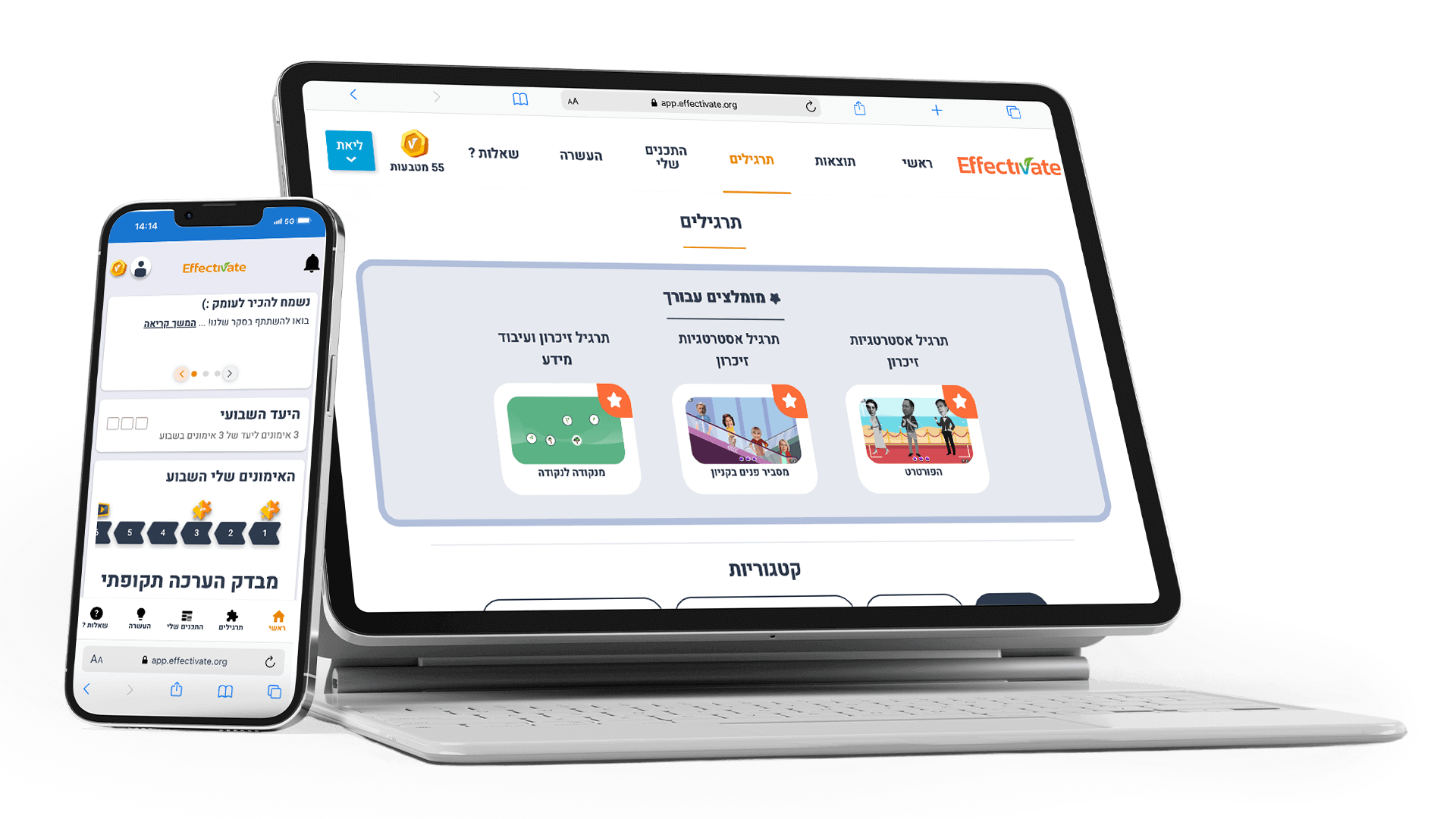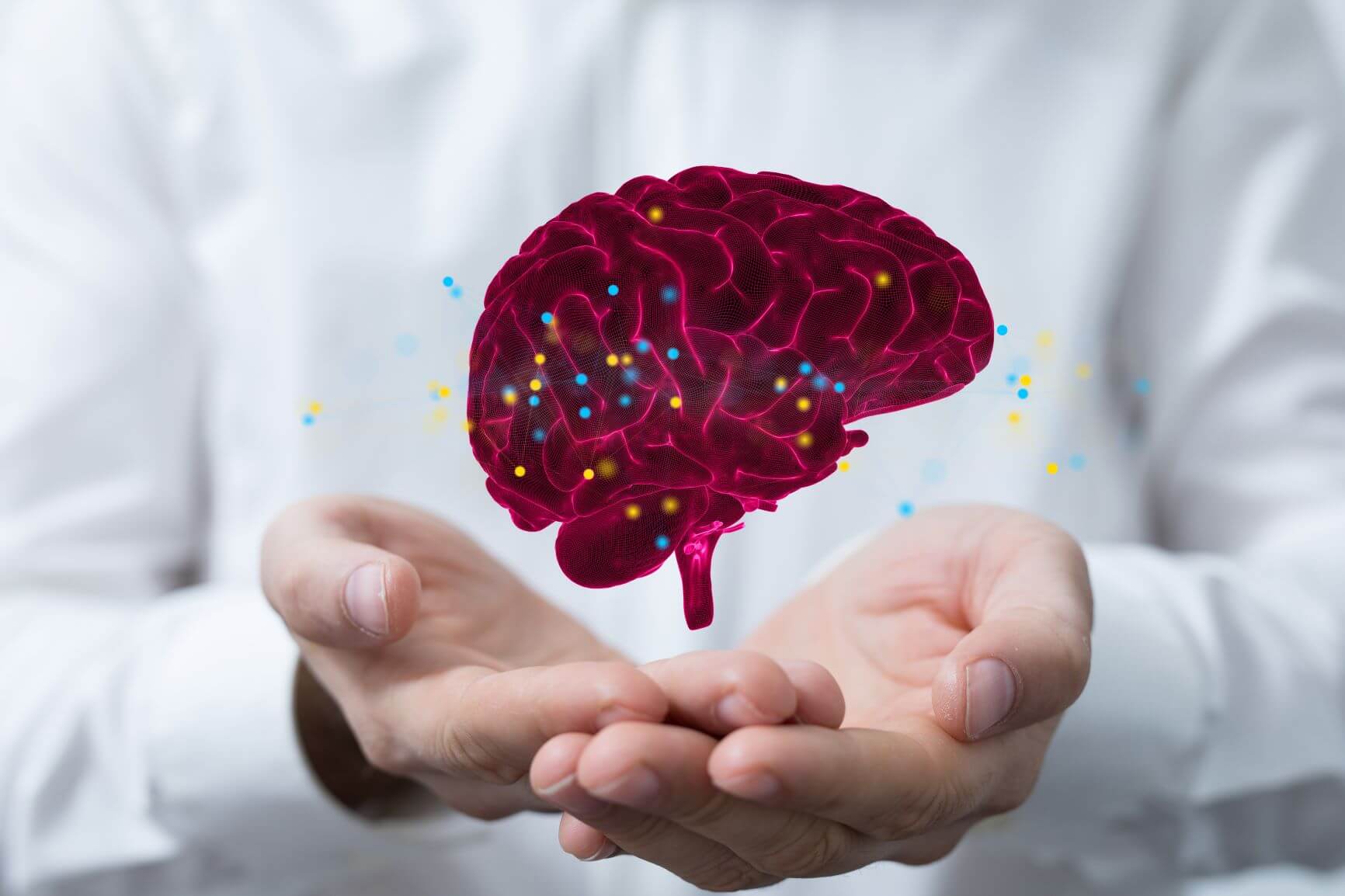Memory is the ability to retain and retrieve information we have learned or experienced. Memory is based on the principle of learning, which naturally requires the brain’s capacity to change as a result of experience. Although our memories reside in the brain, where they are processed, spread across many brain regions, memories are created by the hippocampus, which synchronizes and links different neural information according to the rule of association: what happens together, stays together. Memory is primarily an evolutionary necessity, enabling us to survive by remembering whom not to trust and where not to go. Indeed, we remember better in survival situations because that information protects us from dangers. Most of this information is accompanied by strong physical and emotional experiences and even serves us in future planning.
What is memory?
Memory is a product of three stages: encoding, storage, and retrieval. Of course, we don’t remember all the information we have been exposed to, even if it has been processed and encoded. Additionally, some of our learning occurs unconsciously. How much remains in the brain from what we don’t remember? That’s an excellent question! Researchers report that a state of forgetting is not the same as the state preceding memory, meaning something remains even if it’s not consciously remembered. Furthermore, it’s important to know that we don’t remember information objectively. Memory is heavily influenced by context, meaning that the richer the sensory experience of an event, such as involving the sense of smell, the stronger the memory. On the other hand, experiences that occur on the internet generate much weaker memories.
Types of Memory
There are different types of memory:
Episodic memory is related to a specific event, a specific time, and a specific person. For example, last summer we attended the wedding of Ruthie and Moshe’s daughter at a villa in Bulgaria.
Semantic memory is related to information about the world, meaning information that is not context-dependent and behaves like a type of encyclopedia. For example, Bulgaria is a Balkan country in Europe, and its capital is Sofia. Semantic memory is more resilient because we are usually exposed to it multiple times throughout our lives. In contrast, episodic memory is more easily affected because it is a one-time memory and primarily dependent on context. Every piece of information is accompanied by contextual knowledge that plays an important role in our memory. A common example is finding it difficult to remember someone who appears in a different context than we are accustomed to, such as seeing a military friend suddenly in an office. In other words, changing the context makes it harder for us to remember, and using context helps us remember.
Why do we remember some details all the time and others not?
These distinct memories are differentiated based on how important it is for us to remember the information. There is immediate memory, which means information we use immediately to perform an action, such as a code sent to us via SMS to access the National Insurance website. On the other hand, there is long-term memory, which consists of information that is important for us to preserve for the future.
Memory is also prospective, not just retrospective, meaning memory helps us plan ahead and imagine the future. When we learn new material that we need for an exam or work, the way we learn, review, and reinforce the information affects the accessibility of our memory. During study periods, experts advise us to get a good night’s sleep or even take a nap. It is not for nothing that people say, “I’ll sleep on it,” because the brain works at night to clear itself and strengthen memories created during the day.
Our memory is dynamic. Every time we retrieve information, we essentially reorganize it, and when we try to recall a memory, we influence it unknowingly based on the circumstances. For example, when a significant event like the Twin Towers attack occurred, people inserted information from the news into their personal memory. In other words, personal memory was influenced by the collective memory shared by people belonging to the same culture or tribe. Starting from the 1970s, memory researchers have shown that it is possible to influence how people remember information in different ways, and this, of course, varies among individuals according to their susceptibility to influence (suggestibility). The flexibility of memory raises profound ethical questions regarding legal issues, such as the validity of eyewitness testimony.
Memory Loss and Its Implications
We are highly sensitive to memory loss because memory is linked to our identity—where we come from, who we were, and who we are today. In other words, the self is the sum of the experiences and information we have accumulated throughout our lives.
One of the challenging aspects observed in diseases related to memory decline is that individuals no longer recognize themselves. People with memory impairment struggle not only to remember the past but also to envision the future since memory allows us to move back and forth in time. Caregivers working with Alzheimer’s patients strive to create islands of memory through pictures, sounds, music, and scents that hold deep personal significance and can remind individuals of themselves.
With age and, primarily, due to processes that slow down and reduce brain function, people report a decline in memory, often manifesting as several complaints. Difficulties in learning something new, multitasking, remembering names, numbers, and appointments, or planning tasks are common.
It is important to know that at any age, actions can be taken to support memory and strengthen weak networks while preserving strong ones. It is crucial to note that this does not happen naturally but requires an understanding of the structure of memory and its functioning, as well as active involvement based on effort and practice.
Our cognitive function can be enhanced by adopting information management tools, tips on organizing information more effectively to make it easily accessible when needed, and knowing when to release and let memory come forward.
What about very old information? Studies on memory and cognitive training focus mainly on recent information, such as what was learned 40 years ago and has not been used in recent years. Usually, the focus is on information that needs to be retrieved or identified after half an hour or an hour, such as a list of words. In this case, the information provided transitions from working memory to short-term memory because it is essential for the diagnostic process. Of course, there is no benefit in remembering the word list over time, so it is forgotten. How can we examine or rely on remembering information acquired 40 years ago? Cognitive training programs as effectiveness primarily focus on the ability to train working memory, which is crucial for how we use information to perform actions.
So, what does the magical world of human memory reveal to us?
That the human brain tirelessly strives to learn new things, that it reorganizes information when it is remembered, that information needs refreshing, and if not in use, it makes room for new information. That the past is also the future. Knowing how memory works is understanding how to manage information better. It is never too late to start learning to remember better.










